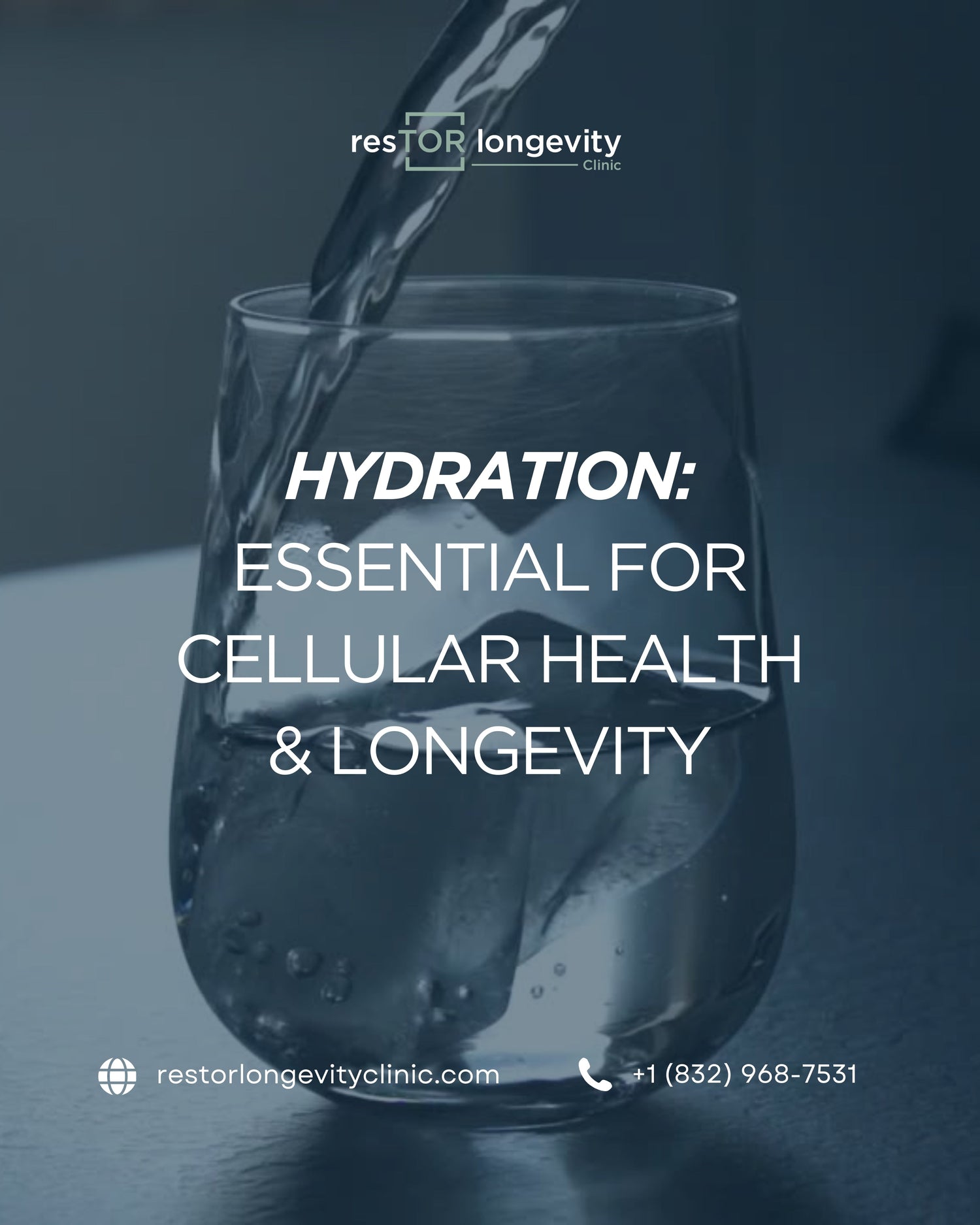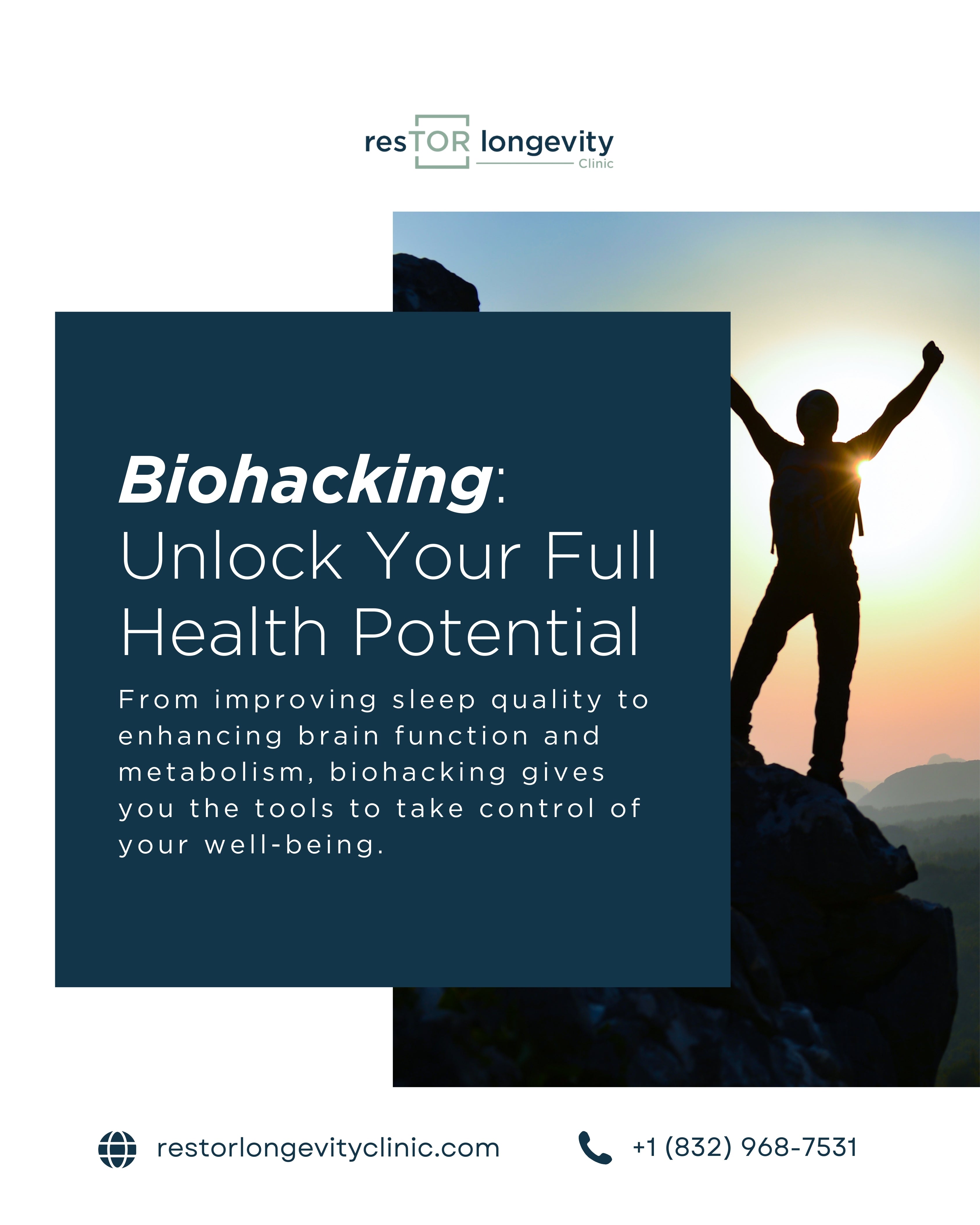Did you know that over 60% of the human body is composed of water? When it comes to hydration, many people underestimate its significance for our cellular health and longevity. Hydration is much more than quenching thirst; it's vital for transporting nutrients, eliminating toxins, and maintaining balance in the body. Without adequate hydration, we cannot expect our cells to perform optimally, which can lead to a host of health problems and potentially shorten our lifespan. In this blog post, we’ll delve into the importance of hydration for cellular health and explore how it impacts overall wellness, energy levels, skin health, and cognitive function. Prepare to discover how drinking enough water can transform your health and support a longer, more vibrant life.
The Role of Water in Cellular Function
Water is essential for the proper functioning of every cell in the human body. Cells are the basic building blocks of life, and they depend on a fluid medium for a variety of critical processes. For example:
- Nutrient Transportation: Water facilitates the transportation of nutrients into cells while allowing waste and toxins to be removed. A hydrated cell can efficiently absorb necessary components such as glucose, amino acids, and fatty acids, ensuring they function optimally.
- Temperature Regulation: Water helps regulate body temperature through sweating and respiration. This thermoregulation is essential for cell survival, especially during intense physical activity or in high temperatures.
- Metabolic Processes: Many metabolic reactions occur in an aqueous environment. Enzymes and biochemical reactions responsible for energy production, growth, and repair rely heavily on hydration.
Effects of Dehydration
The consequences of dehydration can be dire and can manifest in a variety of physical and mental symptoms. Some notable effects include:
1. Fatigue: One of the first signs of dehydration is fatigue. Even mild dehydration can lead to decreased energy levels and reduced physical performance.
2. Skin Health: Adequate hydration supports skin elasticity and moisture. Dehydrated skin can lead to wrinkles, dryness, and accelerated aging.
3. Cognitive Decline: Studies have shown that dehydration affects cognitive function, leading to impaired focus, memory and even mood changes.
4. Immune Function: Hydration plays a critical role in maintaining a strong immune system. A well-hydrated body can better fight off pathogens and inflammation.
Hydration and Longevity
Proper hydration is not just about avoiding dehydration; it is linked to longevity. As we age, our bodies require more water to help support optimal liver and kidney function—two organs crucial for filtering and detoxifying our blood. Some researchers suggest that individuals who maintain good hydration levels have a lower risk of chronic diseases, such as heart disease, kidney disease, and diabetes.
Here are specific links between hydration and longevity:
- Cellular Repair and Regeneration: Adequate water consumption is vital for cellular repair mechanisms to function correctly. Water helps transport nutrients that enhance cellular repair and regeneration.
- Reduced Inflammation: Chronic inflammation has been connected to various age-related diseases. Staying hydrated helps to mitigate inflammation, promoting better long-term health.
- Improved Mental Health: Studies indicate that proper hydration can also support mood and mental clarity. Psychological health plays a significant role in longevity; being in a positive state of mind can add years to one’s life.
How Much Water Do You Really Need?
The amount of water one needs daily can vary significantly based on factors like age, sex, physical activity, and climate. However, a common guideline is:
- Men: About 3.7 liters (or 125.1 ounces) including all beverages and food
- Women: About 2.7 liters (or 91.2 ounces) including all beverages and food
It is essential to listen to your body and adjust intake based on personal needs. One effective method of monitoring hydration is by checking the color of your urine; a pale yellow indicates optimal hydration, whereas dark yellow suggests dehydration.
Signs of Dehydration
Some signs that you may be dehydrated include:
- Thirst
- Dry mouth and swollen tongue
- Fatigue or dizziness
- Dark-colored urine
- Dry skin or decreased skin elasticity
If you notice any of these symptoms, it's essential to increase your fluid intake immediately.
Tips for Staying Hydrated
Despite the importance of proper hydration, many people struggle to drink enough water daily. Here’s how to ensure that you stay hydrated:
- Carry a Water Bottle: Having a reusable water bottle on hand can make it easier to sip throughout the day. Consider choosing one that keeps your drink cool or hot for longer.
- Set Reminders: Use your phone to set reminders to drink water at regular intervals. This can help establish a routine.
- Infuse Your Water: If you find plain water boring, try adding slices of fruits, herbs, or vegetables to enhance the flavor without added calories.
- Eat Water-Rich Foods: Incorporate foods with high water content into your diet, such as cucumbers, tomatoes, oranges, and berries. These can count toward your total hydration.
- Drink Before You Feel Thirsty: Don’t wait until you feel thirsty to drink. Thirst is often a late indicator of dehydration; make a habit of drinking water regularly.
The Impact of Electrolytes on Hydration
Water alone is essential for hydration, but the presence of electrolytes—sodium, potassium, magnesium, and calcium—also plays a critical role. Electrolytes help regulate fluid balance in and out of cells. Here are several points regarding electrolytes:
- Balance is Key: Too much or too little of any electrolyte can disrupt hydration, leading to issues like muscle cramps or weakness.
- Replenish During Exercise: If you are exercising vigorously, especially in hot weather, consider replacing lost electrolytes through beverages designed for hydration.
- Natural Sources of Electrolytes: Foods containing these crucial nutrients include bananas (potassium), yogurt (calcium), and leafy greens (magnesium).
Hydration Across Different Life Stages
- Children and Adolescents: Young ones require adequate hydration for growth and cognitive function. Making water easily accessible at schools is essential.
- Adults: For the working population, staying hydrated can enhance performance, mood, and health. Encourage regular breaks that incorporate hydration, especially in physically demanding jobs.
- Elderly: As individuals age, their sense of thirst diminishes. Ensure older adults are reminded to drink regularly, as they are at higher risk for dehydration.
Conclusion: Where Do We Go From Here?
As you continue your hydration journey, remember the profound impact that water has on cellular health and longevity. Understanding and implementing effective hydration strategies can lead to a healthier, more vibrant life. Aim for daily hydration by integrating tips such as carrying a water bottle, infusing flavors, and consuming natural foods. By paying attention to your body’s hydration needs, you are investing in your longevity and overall well-being. Start making changes today! Book a consultation to learn more about personalized wellness programs that focus on hydration and cellular health.



